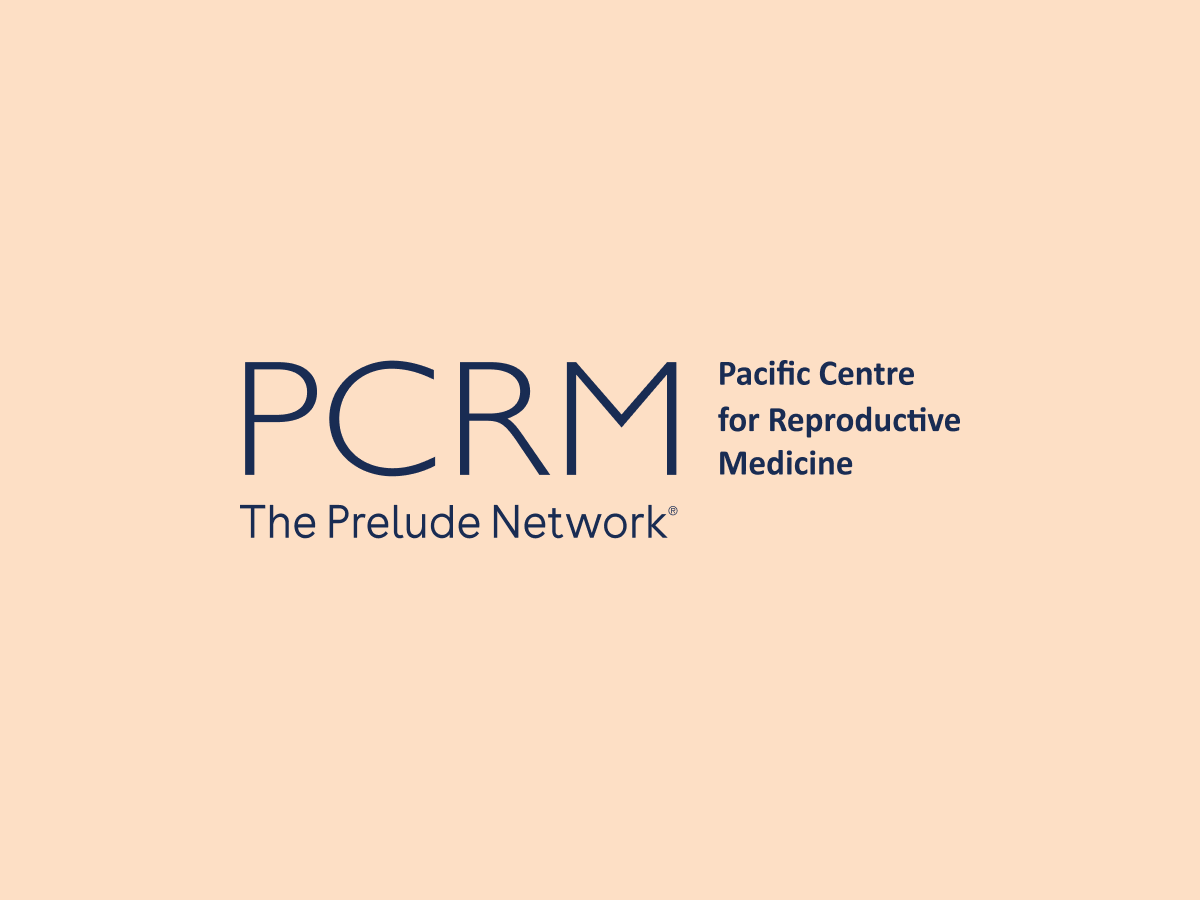
Dr. Roberts President of Canada’s National Infertility Society
(CFAS) is a 700 member-strong medical society made up of fertility specialists, scientists, and allied health professionals working in the field of in vitro fertilization (IVF) in Canada.
CFAS serves as the national authority on fertility care through its promotion of excellence and awareness within the field of reproductive medicine. It also provides educational programs for healthcare providers, scientists, patients, the general public, and industry partners.
For almost nine years, Dr. Jeffrey Roberts has served as the director of the National Continuing Profession Development (CPD) committee for CFAS. The CPD program oversees the educational activities within the various professional groups of CFAS to help ensure that they meet the necessary ethical and content standards. He also chaired the CFAS Fertility Preservation Special Interest Group for several years and authored the first Canadian clinical practice guidelines for the practice of fertility preservation in young women with cancer in 2015.
In the fall of 2015, Dr. Roberts became vice president of CFAS, and now on September 24, 2016 – just one year later – he was appointed president of the society.
We asked Dr. Roberts a few questions to gain some additional insight into his goals as president of CFAS and what keeps him inspired about his work.
Q: What have been some of the most progressive changes you have seen in terms of the practice of fertility over the past few years and what does this mean for the future of fertility?
A: Overall the practice of IVF is much safer today for both mother and child, compared to even three years ago. With advances in technologies for the screening of embryos we are now better at selecting the “right embryo,” and with higher survival rates using new freezing methods, we have less concern about banking embryos and transferring them to the uterus one at a time, irrespective of the woman’s age. We seem to have reached a biologic barrier in terms of success, however, pregnancy rates in Canada have never been higher, and multiple pregnancy rates have never been lower.
Q: How do you address any ethical issues that have arisen as a result of evolving reproductive technologies?
A: Firstly, do no harm. As with any elective medical procedure in the field of Obstetrics and Gynaecology, the health of the mother (and in some cases gestational surrogate) and child is paramount. All people have the right to reproduce, regardless of race, gender, and sexual orientation. However, access to certain medical fertility services can be restricted in cases of advanced reproductive age and complicating medical issues that present an unacceptable risk during treatment or in pregnancy. Through the Clinical Practice Guidelines Committee, CFAS continues to develop documents to help Reproductive Medicine professions in Canada navigate the wide variety of clinical scenarios that we are presented with on a daily basis.
Q: What is keeping you inspired right now about your work?
A: Without question, the best part of our day is showing patients their babies on ultrasound. Everyone has slightly different methods of coping with the stresses of infertility, and many have a very tempered response to positive news as a means of protecting themselves. This condition highlights our different personalities, values, cultures, and fundamental differences between men and women. I have always found it interesting how all of these factors play into the single life-changing moment of seeing their baby for the first time. I will never find this aspect of my profession routine, nor will I ever take having two healthy children myself for granted.
Q: What are some of your goals as newly appointed president? What is something you hope to change/improve?
A: We hope to push forward a number of initiatives in education and professional development. With the development of another series of clinical practice guidelines, we hope to encourage a standard of care in the practice of Reproductive Medicine. Health Canada will be developing regulations for the Assisted Human Reproduction Act that will set a standard of care for the safe delivery of Assisted Reproductive Technologies in Canada. We have been working with Health Canada for years helping to assess the needs of patients and practitioners in our field, and I look forward to the many changes ahead which I am optimistic will improve and standardize care.
This will also be a busy year for me as I co-chair CFAS Epigenetics Workshop in Vancouver, “The Impact of the Periconceptual Environment on the Health of the Future Child” in November, and am chair of our CFAS Annual Meeting at the Westin Bayshore in Vancouver, September 2017. I look forward to an exciting year as president of our society.
Related Posts
Categories
About the PCRM Blog
Welcome to the Pacific Fertility Centre for Reproductive Medicine Blog! Nationally and internationally recognized for providing exceptional reproductive care, our team believes in empowering people with the knowledge they need to navigate their unique fertility journeys.
From information on the latest fertility treatments to valuable insights on egg donation, surrogacy, and everything in between, the Pacific Centre for Reproductive Medicine Blog is your ultimate resource for all things reproductive care and support. Read on to learn more, and contact us today if you have any questions or want to schedule a new patient appointment.



